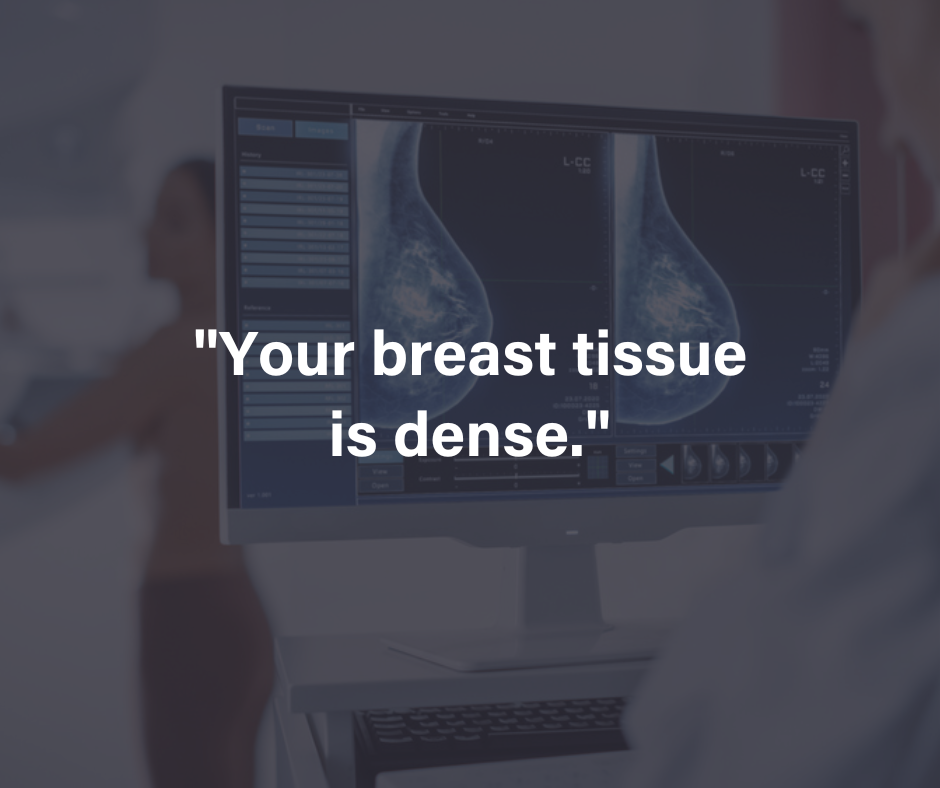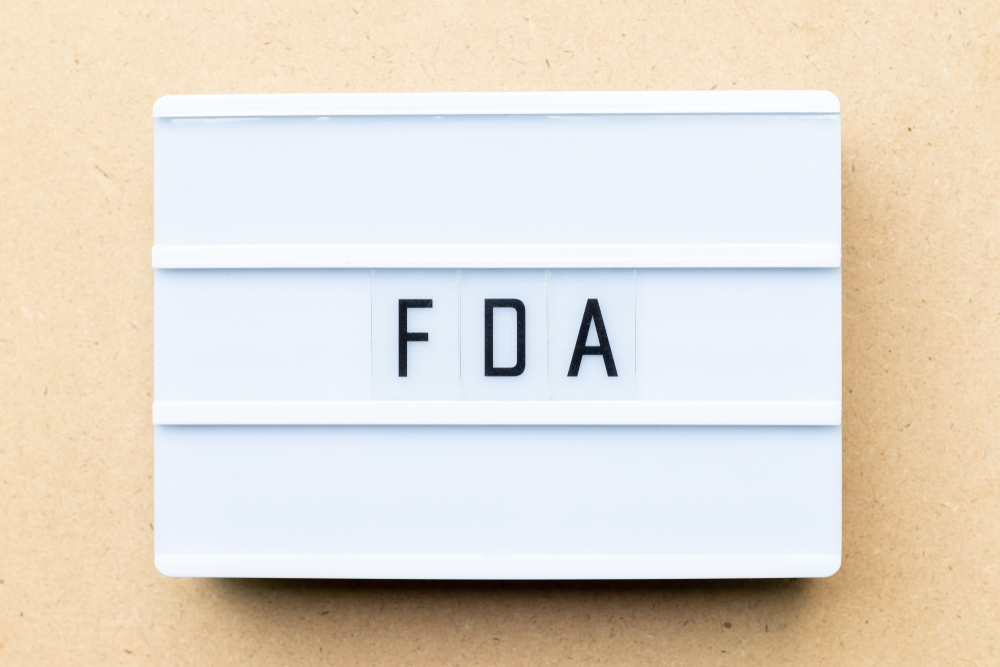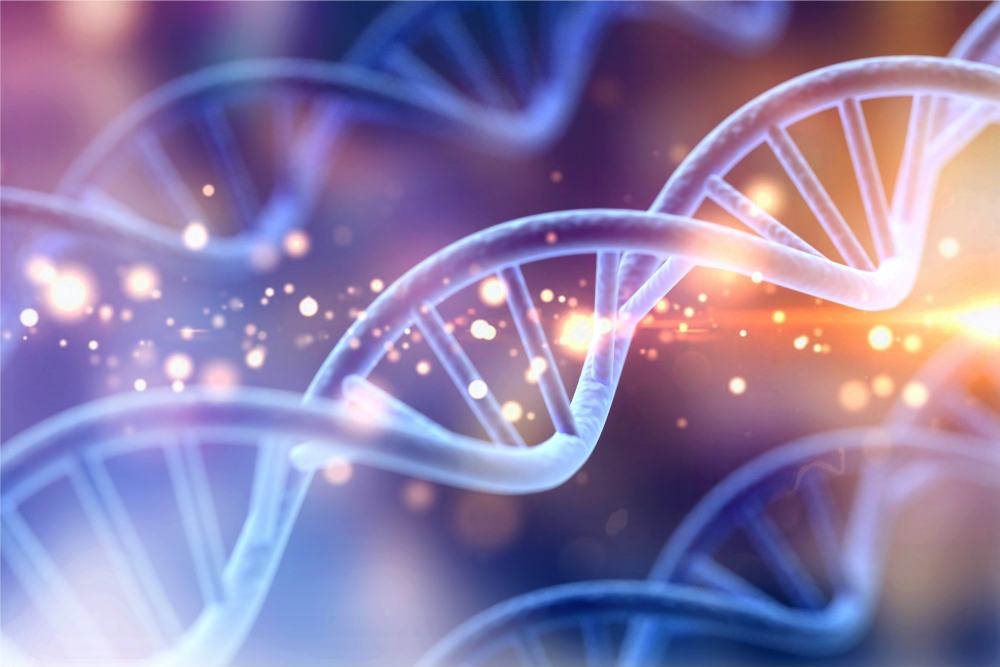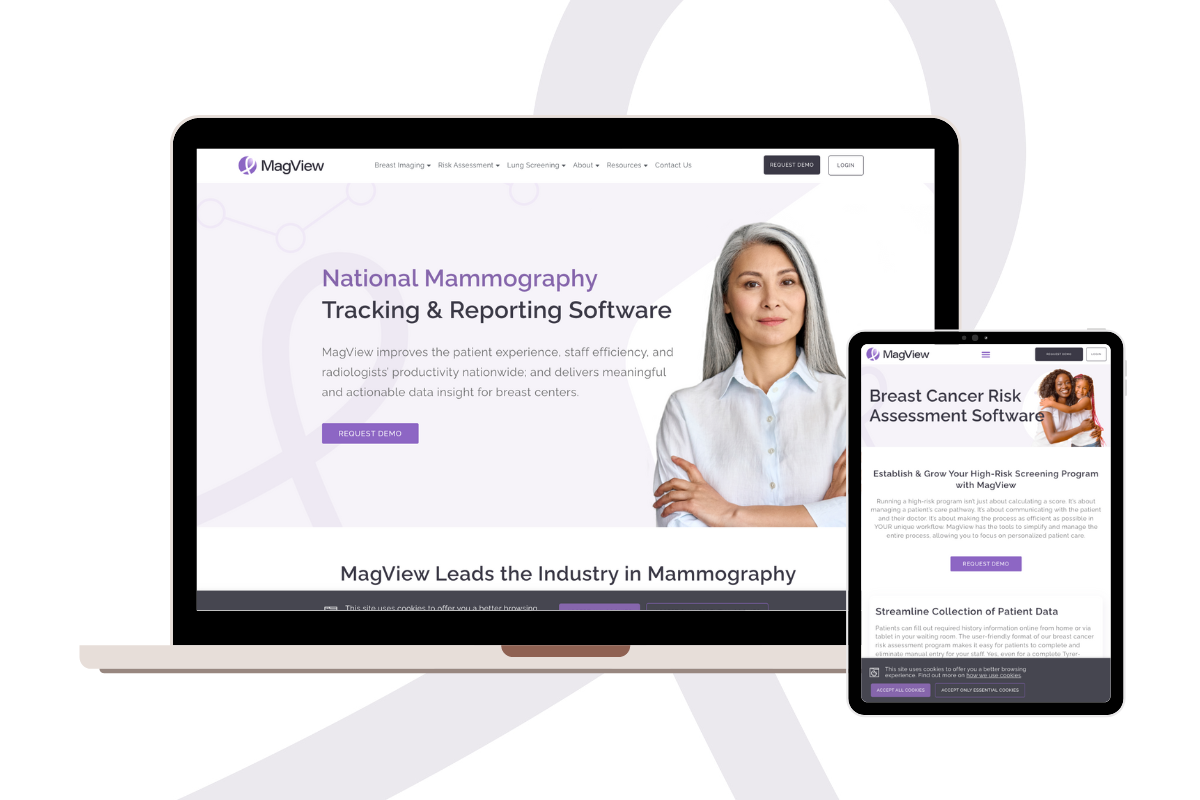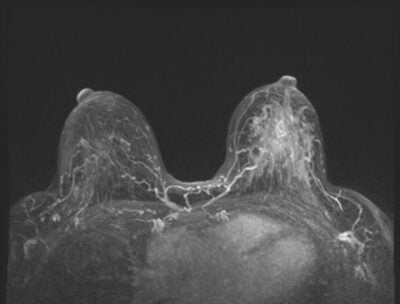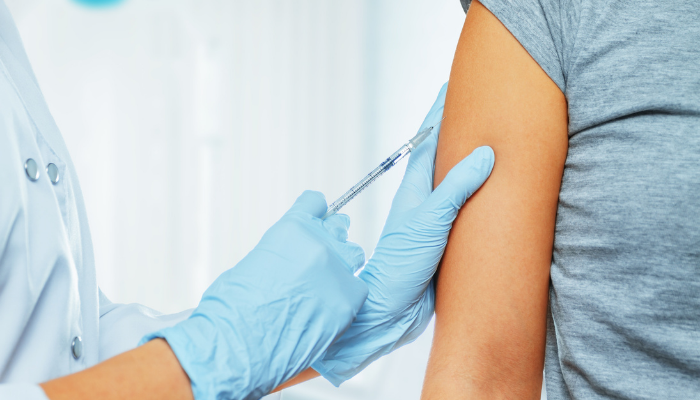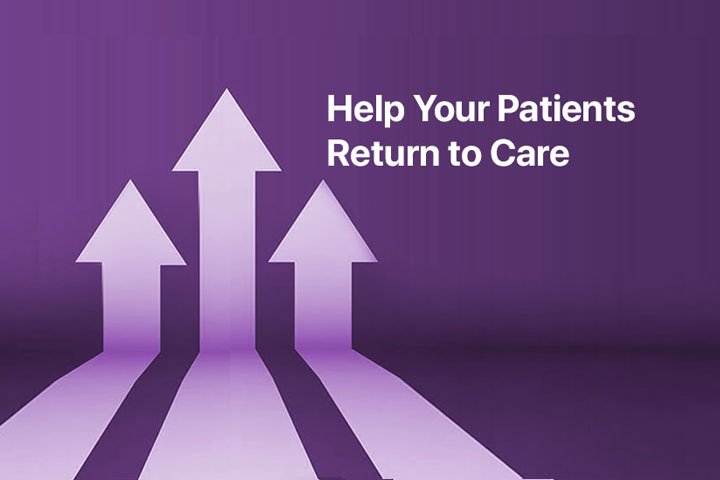When we discuss breast cancer risks, the focus is often on age and medical history, but there are other factors that impact your breast cancer risk. Read on to learn more about these risk factors so you can take charge of your breast health.
Lifestyle Factors
You may not be able to avoid some breast cancer risks like age, hormones, or genetics, but there are plenty of changes you can make today to decrease your chances of getting breast cancer and improve your overall health.
Tobacco
Though early research on the effects of tobacco on breast cancer were conflicting, recent studies support that both smoking and secondhand smoke increase the risk for having breast cancer. Smoking is also associated with other types of cancer, so quitting smoking reduces general cancer risk and improves health outcomes.
Alcohol
Regular drinking increases breast cancer risk by 15% or more by increasing estrogen and damaging DNA.
Obesity
Several studies have confirmed that obesity increases estrogen levels and inflammation while also causing insulin resistance, causing an increased risk for breast cancer among postmenopausal women.
Physical Activity
Though the exact link between physical activity and breast cancer risk is not yet entirely understood, recent research suggests that regular moderate exercise decreases breast cancer risk, even when accounting for other lifestyle factors like BMI, smoking, or alcohol consumption.
Reproductive History
Pregnancy reduces the total number of menstrual cycles a woman has in her lifetime, also reducing estrogen exposure, which reduces breast cancer risk. Women who have their first child before the age of 30 have an even lower risk of developing breast cancer, while women who never give birth have an increased breast cancer risk.
Hormone Replacement Therapy (HRT)
HRT is a common treatment for symptoms of menopause, but its ongoing use can increase breast cancer risk. Increased estrogen and progesterone from HRT increase the risk of hormone-recepter-positive breast cancer.
Environmental Causes Of Breast Cancer
A large portion of women who develop breast cancer have no family history of the disease and few to none of the known lifestyle risk factors, causing researchers to study possible environmental risk factors. Though much of this research is both new and ongoing, there is substantial evidence to support the effects of the environment on a patient’s breast cancer risk
Radiation
Ionizing radiation has been linked to a significant breast cancer risk increase among survivors of atomic bomb blasts and other high exposures to radioactive materials. This includes medical treatments that involve high levels of radiation, but not the low radiation levels resulting from regular diagnostic x-rays and medical imaging. No consistent link has been found between breast cancer risk and non-ionizing radiation from sources such as cellular phones and power lines, but research is ongoing.
Carcinogens And Breast Cancer Risk
In addition to alcohol, tobacco, and HRT, several carcinogens may be present in the environment that can increase breast cancer risk. Bisphenol A (BPA), a chemical found in plastic packaging, along with phthalates and parabens in some cosmetic products, are collectively known as endocrine-disrupting chemicals (EDCs). Research is ongoing, but current evidence shows a strong link between these common carcinogens and an increased risk for breast cancer.
Pollution And Breast Cancer Risk
Carcinogens that increase breast cancer risk are also present in the air in many locations throughout the modern world. Particulate matter from vehicle exhaust or industrial emissions and nitrogen dioxide automobile emissions act as an endocrine disruptor, increasing breast cancer risk for women living near areas with high concentrations of this type of pollution.
Risk Management For Breast Cancer Prevention
It is not possible or reasonable to control every aspect of your environment, but prevention and education go a long way towards reducing your breast cancer risk.
- Talk to your doctor about lifestyle changes you can make
- Research air quality in your area and protect yourself when necessary
- Examine ingredients in consumer products you use and avoid known carcinogens
Want More Information About Breast Cancer Risk?
Follow our women’s health blog to learn more about breast cancer risks, research, and prevention, as well as other relevant women’s health information.
References:
-
- Smoking And Breast Cancer
- Breast Cancer Clusters: Why Do Some Places Have Higher Rates of Breast Cancer? – Komen Perspectives
- Breast Cancer And Why The Environment Matters
- Drinking Alcohol
- Dose-response Relationships Between Cigarette Smoking and Breast Cancer Risk: A Systematic Review and Meta-analysis
- Shouldn’t we know this already? The link between alcohol and breast cancer
- Physical Activity Reduces A Women’s Risk of Developing Breast Cancer Before Menopause
- Air Pollution And Breast Cancer





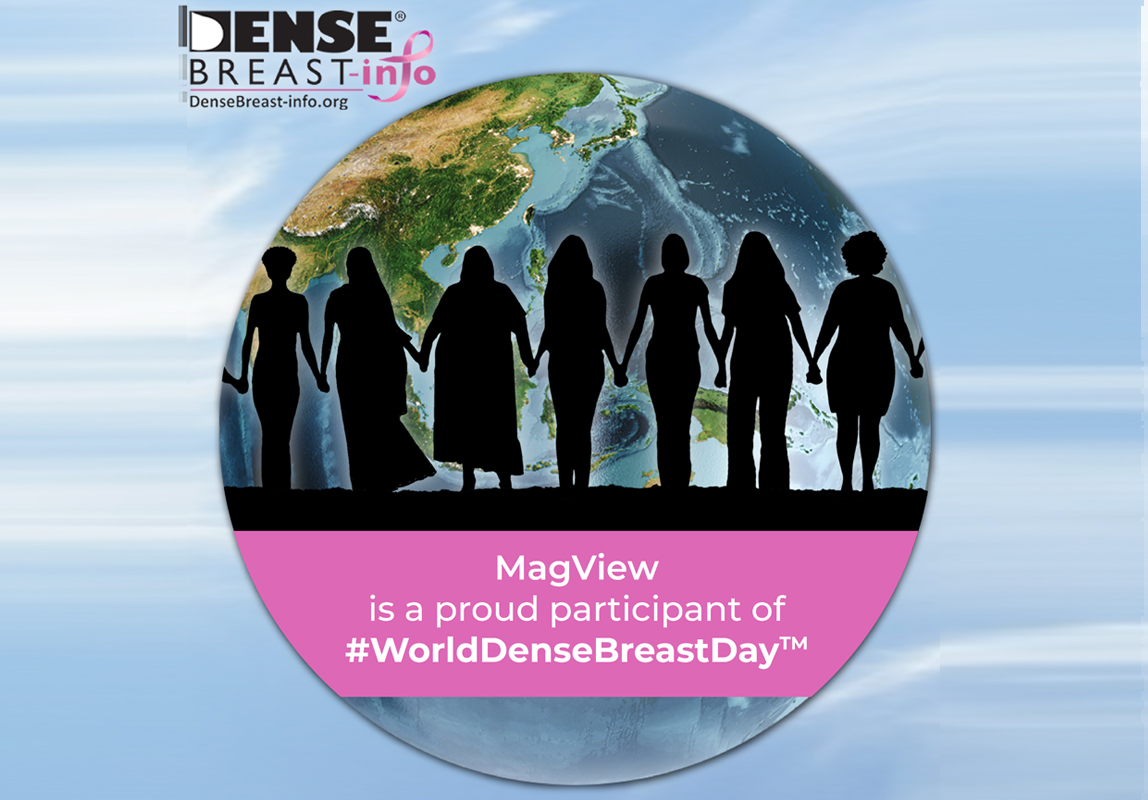




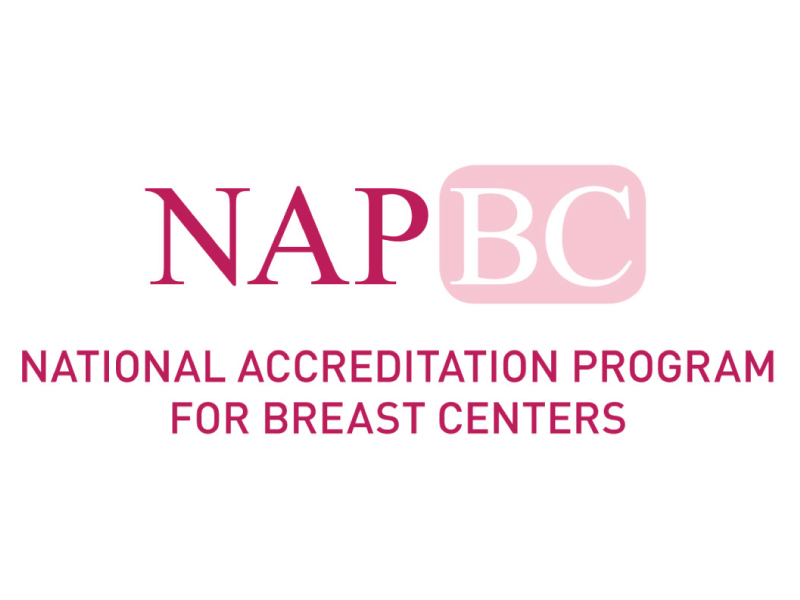
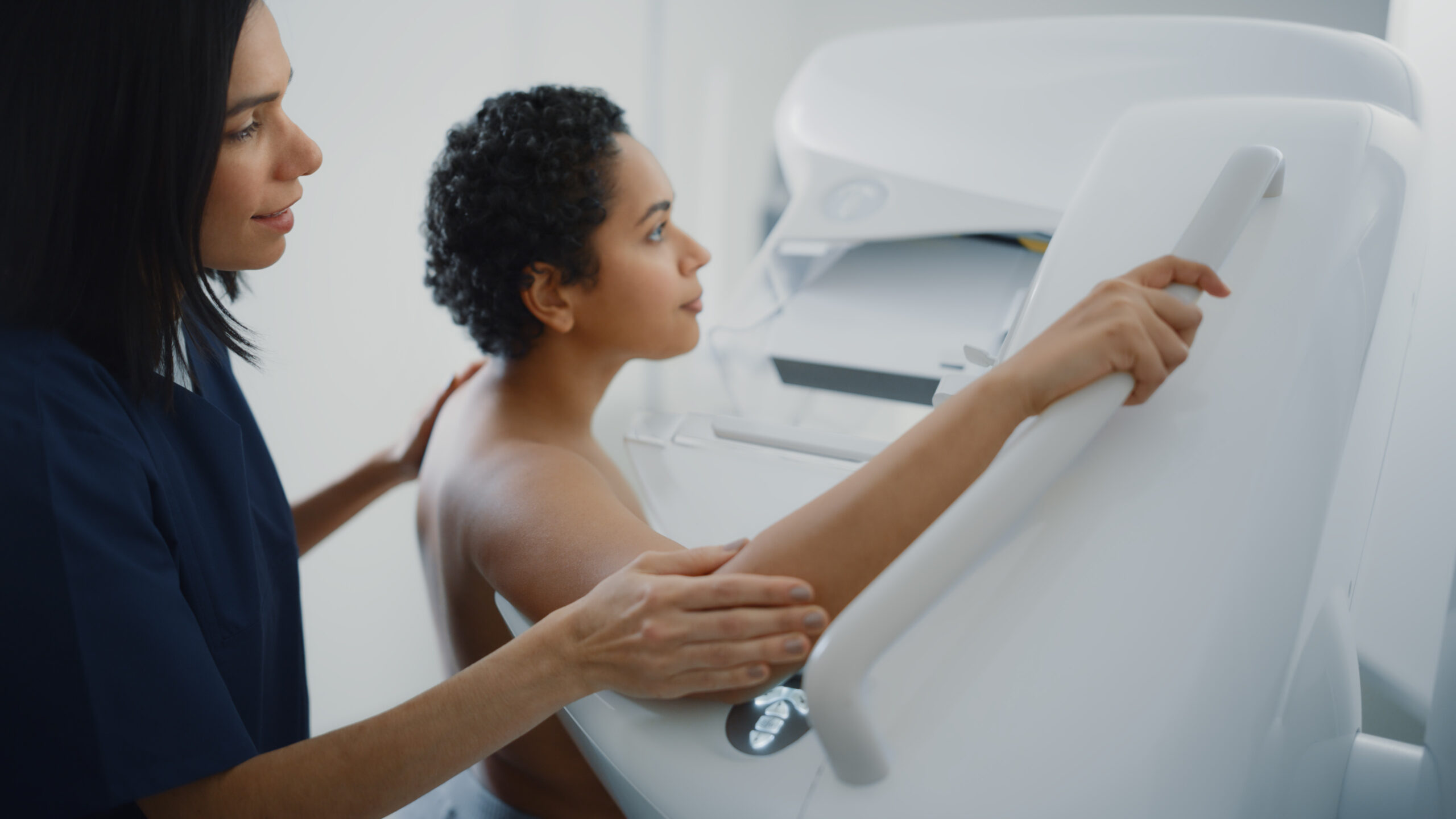
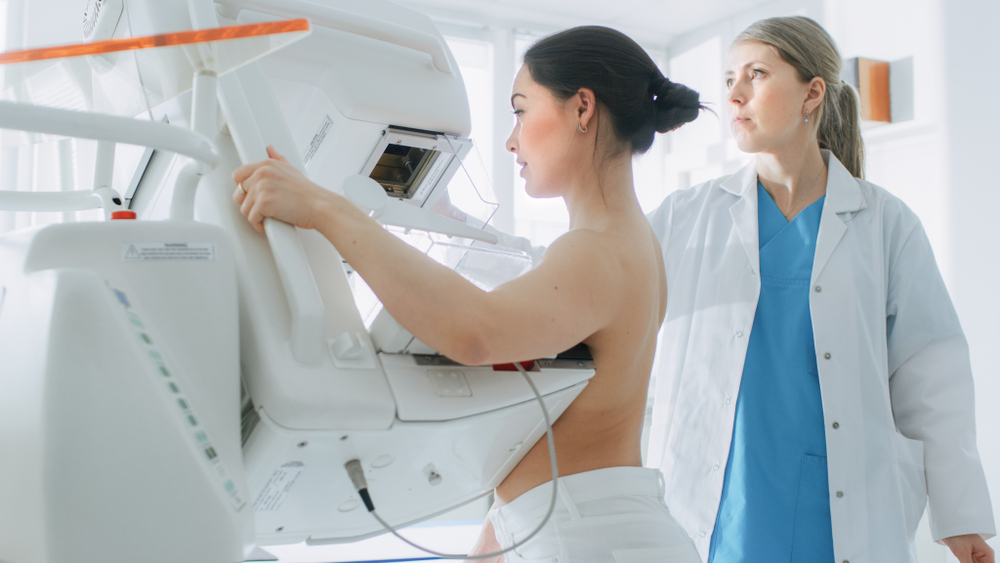
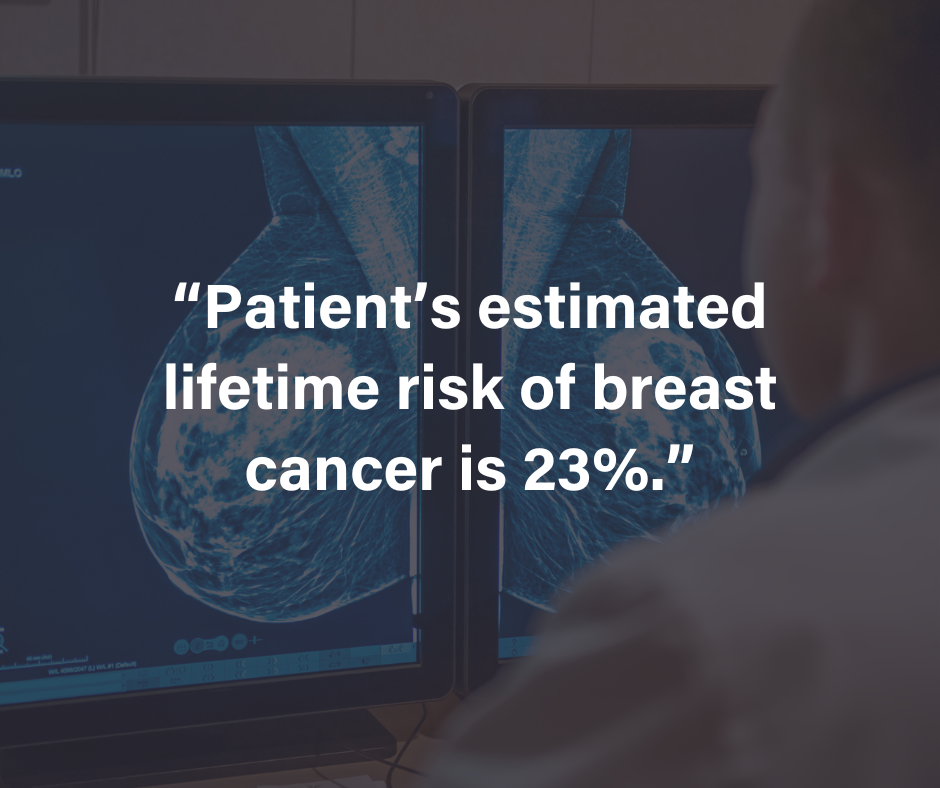
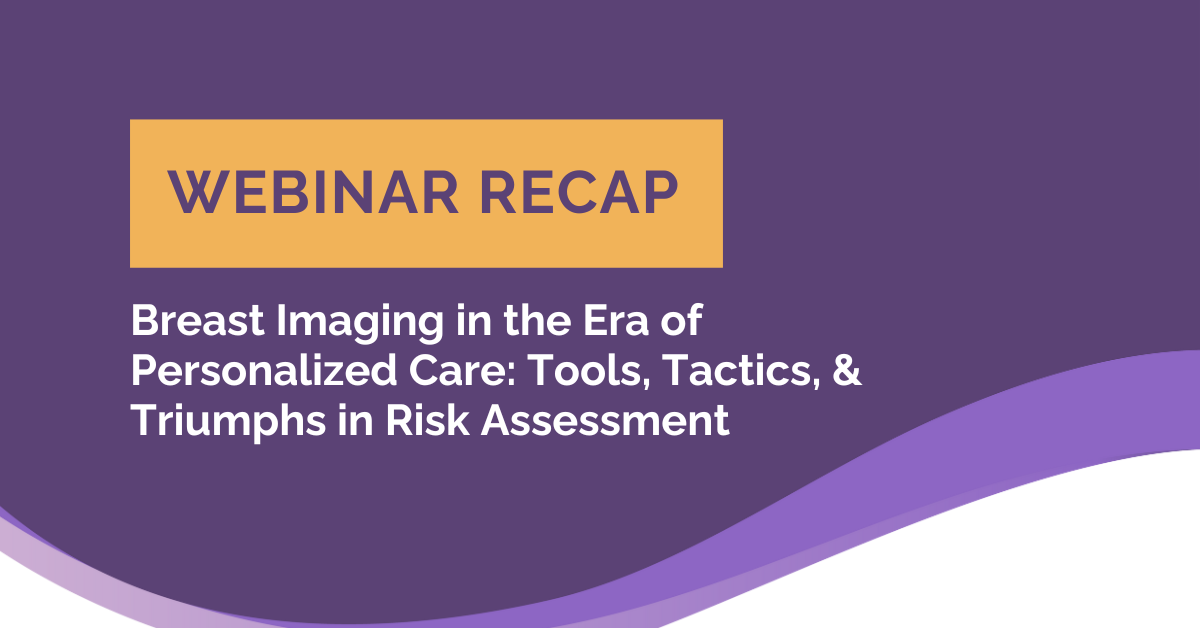
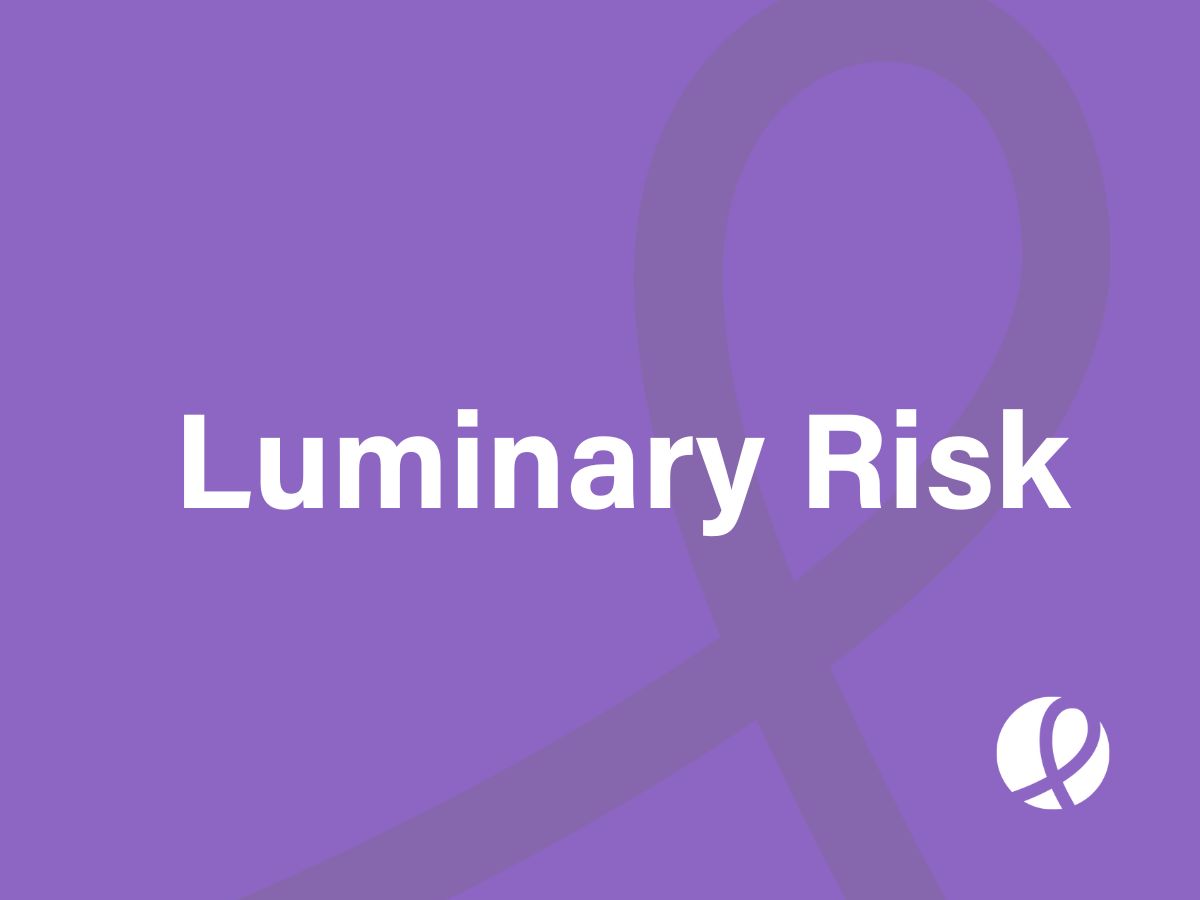





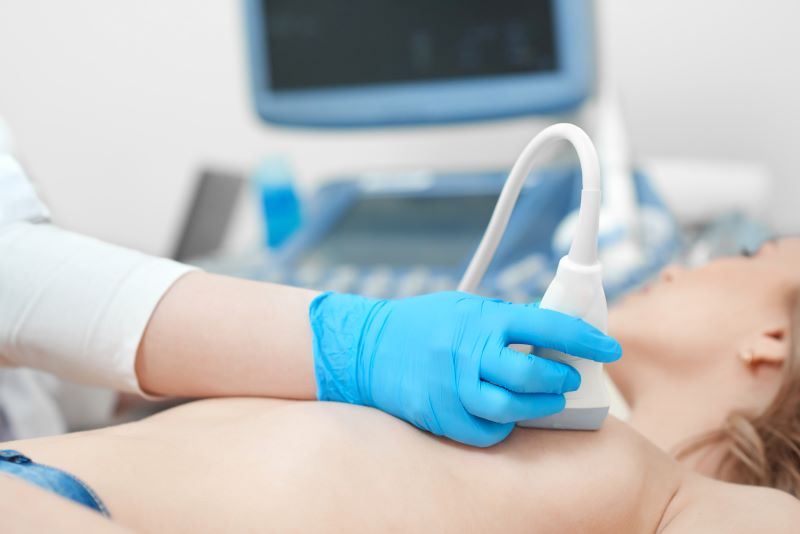
![monitoring breast density shutterstock_1299510538-[Converted]](https://magview.com/wp-content/uploads/2023/05/shutterstock_1299510538-Converted.jpg)

